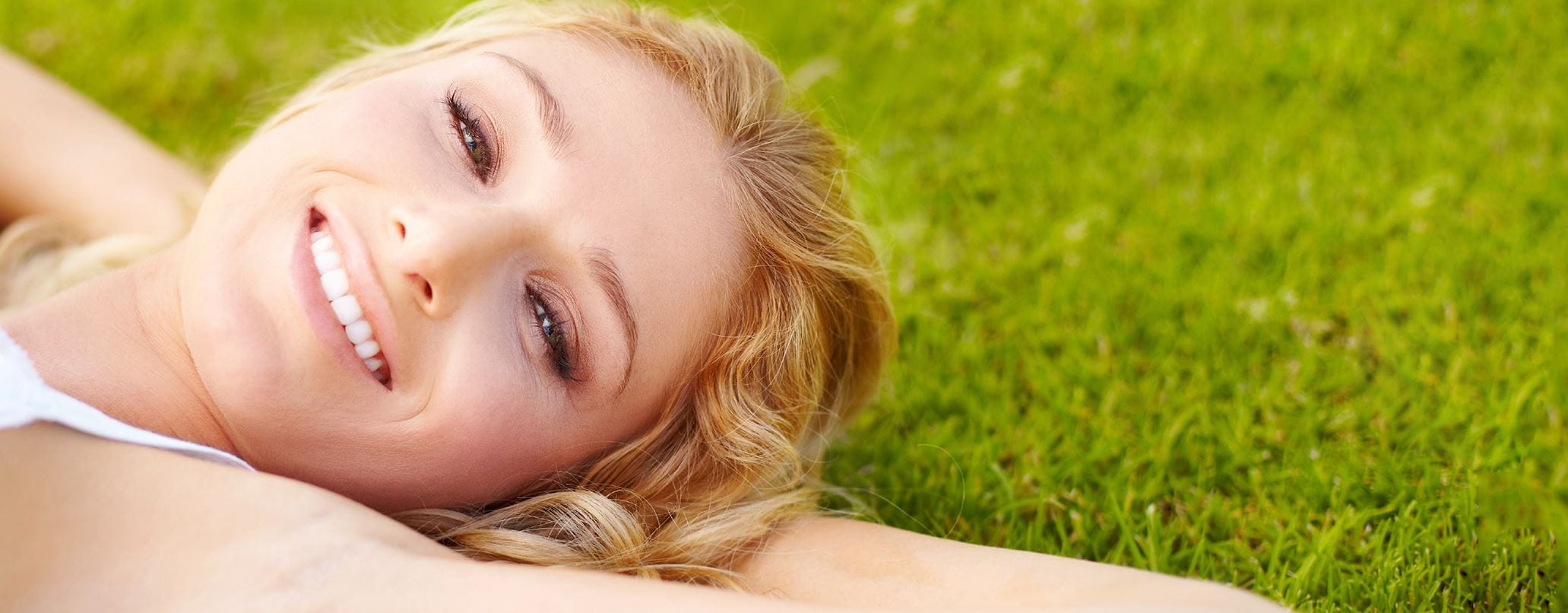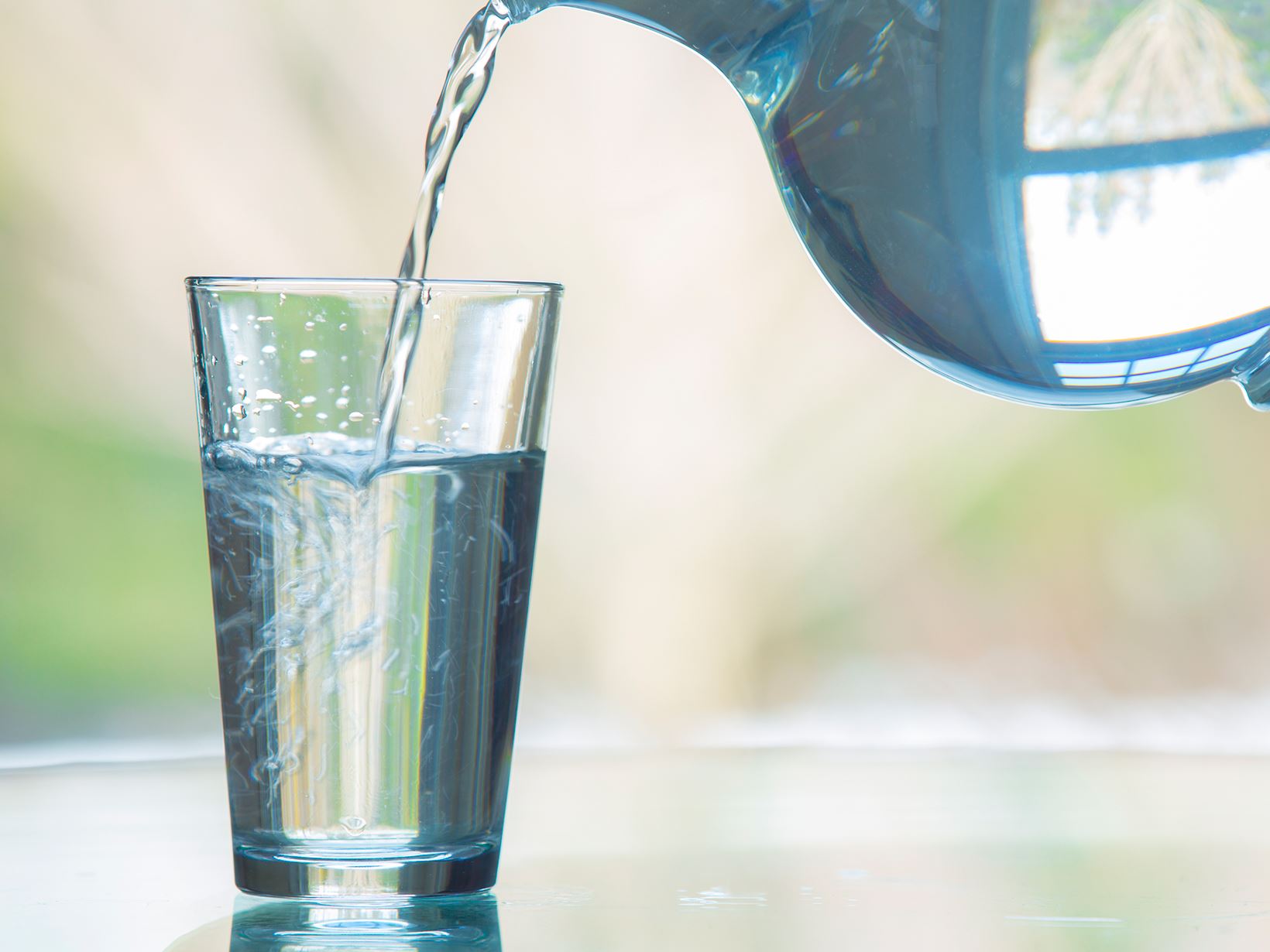
How to prevent sweating
Sweating is essential for the body – but excessive sweating can leave you feeling uncomfortable. Here’s how to prevent excessive sweating and the odours that come along with it.
Why do we sweat?
Sweating or perspiring is the body’s natural response to excessive temperatures, exercise, intense emotion and certain illnesses.
when do we sweat?
There are multiple reasons why are our body will release sweat.
how to reduce sweating
Lifestyle choices play a big part in our skin and how much we sweat. Special skincare, shaving and special antiperspirants can all help.




